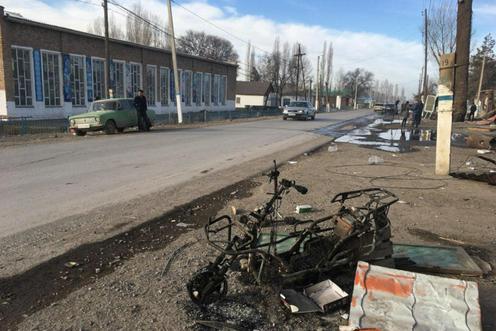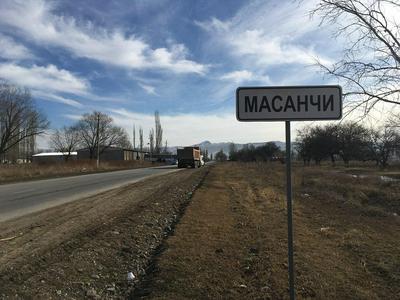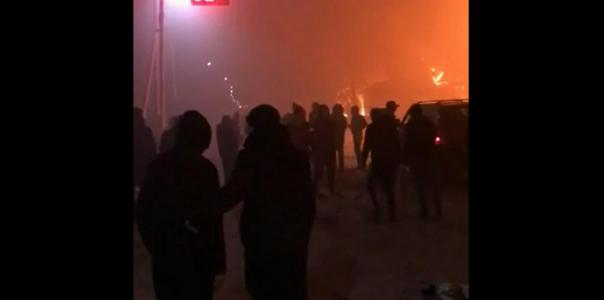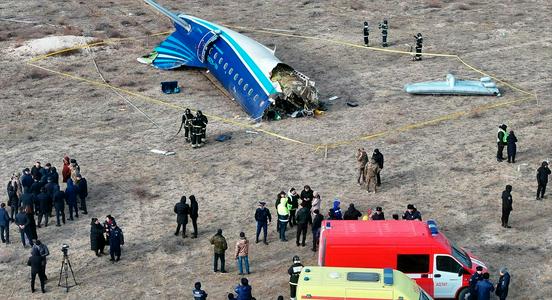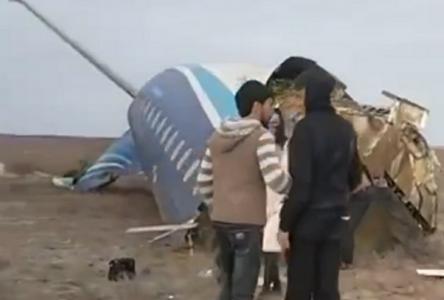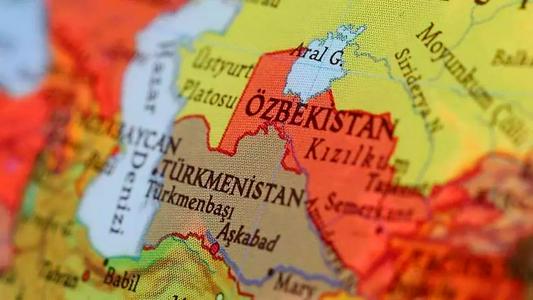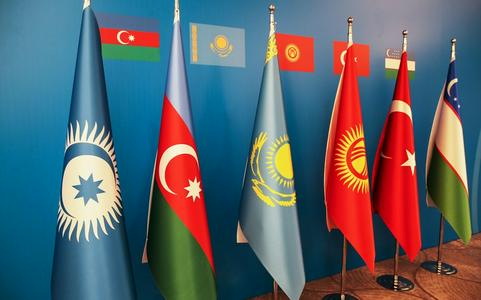The recent disturbances in the south of Kazakhstan may have been part of a power struggle between rival criminal gangs, Kyrgyz newspaper Vecherniy Bishkek has reported (in Russian). Such a possibility has also previously been raised by Kazakh political scientist Aydos Sarym.
“The issue should not be attributed only to the region’s social problems or to interethnic conflict. The situation has to be seen in its entirety – a complex region on an international border, where smuggling, drug trafficking and corruption are all possible,” he said to Forbes Kazakhstan. “There is talk of the involvement of a third force. Assuming this is the case, then, in all likelihood, we are talking about criminal groups. In a border area such as this, it may well be a matter of a turf war.”
As Vecherniy Bishkek argues (citing only “unconfirmed information” and without naming any sources), the events in the Korday district of Kazakhstan’s Jambyl region may have been “criminal power struggles disguised as interethnic conflict”. The journalists suggest that they may have involved a group controlled by crime boss Serik Jamanayev, known as “Serik the Head”. The latter was arrested by law enforcement officers last week not far from Almaty.
An unofficial version of the events in southern Kazakhstan had previously appeared on the popular internet forum Diesel, alleging that the disturbances had been organised by “the blacks” (criminal groups). The chairman of the Dungan Association of Kazakhstan, Husei Daurov, had also claimed that “criminal elements” participated in the pogrom.
According to the official government version, the disturbances were sparked by an “everyday dispute” – a traffic argument that degenerated into a fist fight. The same version of events is also widespread among local residents in the area. At the same time, they say that the assailants were not local people (as one would expect in the case of a conflict between residents of neighbouring villages), but rather “came from afar”.
Criticism has also been levelled at the authorities for their delayed response to the crisis (the Kazakh internal affairs ministry defended its actions, declaring that it had required time to send in reinforcements from neighbouring regions). Husei Daurov stated that “the whole district police force [was there], but they were powerless in the face of such a crowd”. “When people started throwing stones, the police melted away. People are saying that the authorities gave the mob three hours to do whatever they wanted. Maybe this is just a rumour. But we waited a long time for help,” he said.
A number of officials were removed from their posts following the disturbances. The region’s governor Askar Myrzakhmetov was also dismissed from his position.
The conflict in the Korday district of Jambyl region – in an area with a large population of the country’s Dungan minority – erupted in the afternoon of 7 February. By the evening, as Husei Daurov told the media, groups of people began arriving the main Dungan settlement of Masanchi and started attacking local residents and setting houses and vehicles on fire.
The police quickly asserted that the conflict had been contained and the situation brought under control. This was also confirmed by the country’s president Kassym-Jomart Tokayev. At the same time, however, information spread in the media and on the internet that the disturbances were continuing and had spread to neighbouring villages (talk also spread of an interethnic conflict, something not mentioned in official pronouncements). Only on the morning of 8 February, Daurov stated, following the arrival of army units from Almaty, was the situation truly brought under control.
10 people were killed in the rioting, and more than 170 others required medical attention (according to the latest information on 10 February, 43 people remain in hospital). According to the Kazakh internal affairs ministry, 25 private homes, 31 commercial properties and 41 vehicles were damaged by arson. The authorities promised aid to the victims and pledged to rebuild the destroyed buildings.
25 criminal cases have been opened in relation to the events in Korday district, with charges including murder, mass rioting (and exhortation to rioting), assaulting state officials, destruction of property, and illegal possession and preparation of weapons. Over 80 people were arrested on suspicion of participating in the events, but it later emerged that many of those arrested were released after local residents blocked a main road in the area in protest. According to information from the regional authorities, around a thousand people took part in the disturbances.
19 police officers were injured during the course of the riots, nine of them by gunfire. 8,000 local residents who fled their homes into neighbouring Kyrgyzstan are now said to have returned to Kazakhstan.
